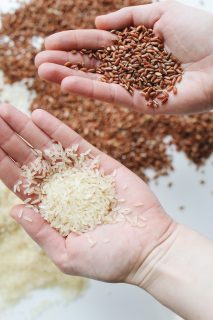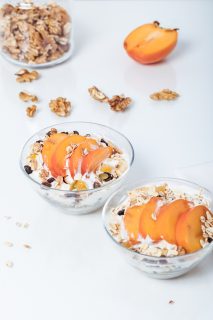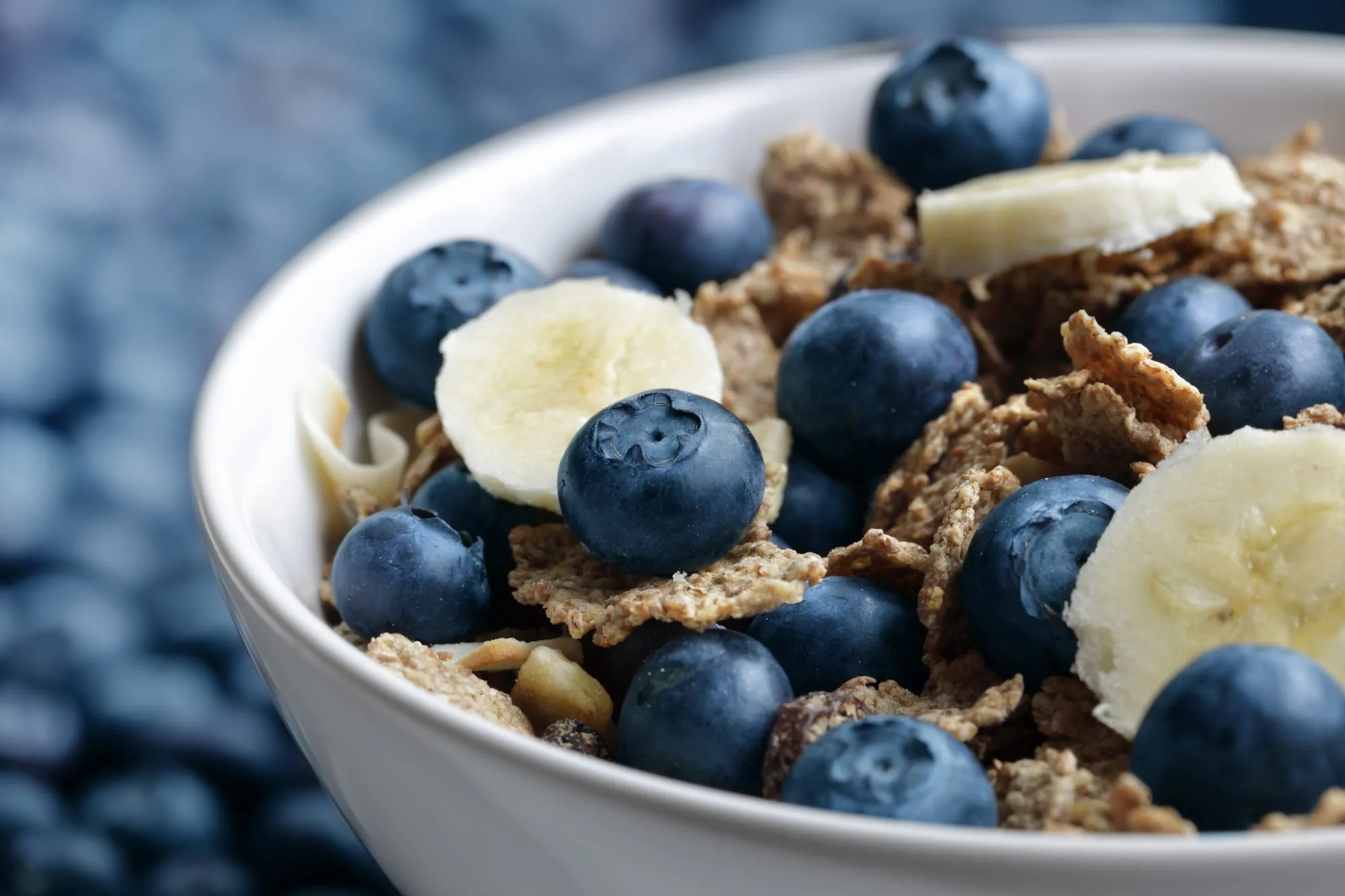Could fiber help you lose weight? Losing weight is no easy feat and it seems that there are so many different ways to go about it. The most prominent recommendations are always diet and exercise. But could your eating plan or diet be even more effective if you include more fiber? It turns out that it can have a significant effect on metabolism and overall health. It can also help substantially when it comes to weight loss and weight management.
What is fiber?

Photo by Polina Tankilevitch from Pexels
Fiber is a nutrient that is often overlooked, but it could be vital in the fight against weight gain. Essentially, it refers to any carbohydrate that is not digestible. It’s usually divided into two categories, soluble and insoluble. The difference between these two types is how they interact with the water in the body. Insoluble fiber does not mix with water whereas soluble fiber does.
Insoluble: Its main purpose is to act as a bulking and firming agent for the stool. It helps the stool to pass easily through the gut and is beneficial for constipation.
Soluble: It does mix with water and when it does, it creates a “viscose, gel-like substance”. This substance works to slow down the transfer of digested food from the stomach to the gut.
When it comes to reducing fat, soluble fiber has proven to be brilliant at targeting belly fat. Consuming more soluble fiber can also aid in the prevention of belly fat gain. In fact, one study showed that just a 10-gram increase in the daily intake of soluble fiber could reduce the risk of belly fat by 3.7%.

kurhan/shutterstock
How does it work?
Fiber seems to be most effective against belly fat. Belly fat is widely known as the most dangerous type of fat. The two types of belly fat are visceral and subcutaneous. Visceral fat is the most dangerous kind as it surrounds the organs. It’s the fat that is the main cause of health complications such as heart disease, type 2 diabetes, and heart attacks.
Feel good bacteria in your gut
The main reason behind its effectiveness against belly fat is that it feeds the good bacteria in your gut. On average, around 100 trillion bacteria live in the gut and are most prevalent in the large intestine. These “good” types of bacteria are also known as gut flora or described as the gut biome. These bacteria play a vital role in many aspects of overall health. This includes “weight management, blood sugar control, immunity, and even brain function”.
Prebiotic or fermentable fiber
It is here that soluble fiber plays its main role. In order to stay healthy and function properly, these gut bacteria need to be fed correctly. It passes through the digestive system unchanged for the most part. This means that the gut bacteria can digest it and use it as energy. This type of fiber is known as “prebiotic” or “fermentable” fiber and is well known for its many benefits. A healthy gut biome is directly linked to weight management, weight loss, and reduced belly fat.
The benefits of added fiber
Not only can increasing soluble fiber consumption reduce your risk of belly fat, but it could also help you eat less. This is because it’s a natural appetite suppressant. We all know that in order to lose weight, we need to create a calorie deficit. Introducing more into your diet could help you cut some calories without going hungry.
Soluble fiber naturally regulates the hormones that are involved in appetite control. Eating more of it seemingly reduces the levels of hunger hormones such as ghrelin. It also increases the production of hormones “cholecystokinin, GLP-1, and peptide YY” that are linked with making you feel fuller. It also works to slow the movement of food through the gut, meaning that all the nutrients in the food are released more slowly. Therefore, insulin is produced more slowly and this is directly linked to a reduction in feelings of hunger.
Helps manage high insulin
Dr. Jonny Bowden Ph.D. is a renowned nutrition myth buster and author. He is passionate about the benefits of fiber. “High blood sugar and high insulin have now been implicated in a baker’s dozen of unwanted degenerative diseases. These include heart disease. Even Alzheimer’s is now being called “Type 3 Diabetes” because of its connection to insulin resistance. This has consequences not only for your waistline but for your brain as well.”
Research shows that eating more fiber will reduce your risk of death.
How can I boost my fiber intake?
There are lots of options when it comes to adding more soluble fiber to your diet. Soluble fiber is found in a wide variety of plant-based foods.
Examples of soluble fiber sources:

Photo by Alexander Mils from Pexels
- Flaxseeds
- Sweet potatoes
- Oranges
- Apricots
- Legumes
- Brussels Sprouts
- Blueberries
- Oatmeal
Remember that whilst soluble fiber is very healthy if you’re just starting to add it to your diet, you should do so sparingly. Eating too much too quickly will likely cause some nasty side effects. These may include stomach cramps, diarrhea, and bloating. If you’re looking to include more soluble fiber in your diet, start slowly and gradually increase your intake.
The recommended daily intake is:
References:
https://www.healthline.com/nutrition/fiber-can-help-you-lose-weight
https://www.healthline.com/nutrition/fiber-and-belly-fat#TOC_TITLE_HDR_2
https://www.medicalnewstoday.com/articles/323309#why-is-belly-fat-dangerous
https://www.healthline.com/nutrition/why-is-fiber-good-for-you



![women [longevity live]](https://longevitylive.com/wp-content/uploads/2020/01/photo-of-women-walking-down-the-street-1116984-100x100.jpg)










